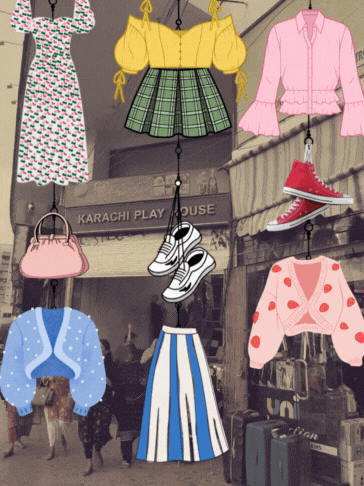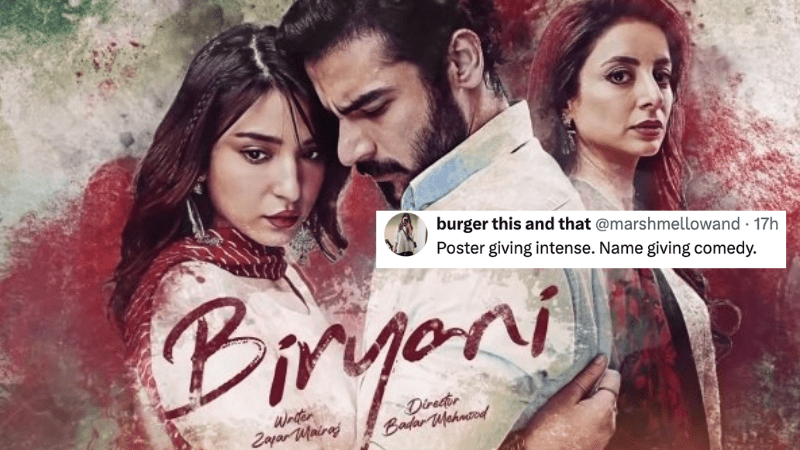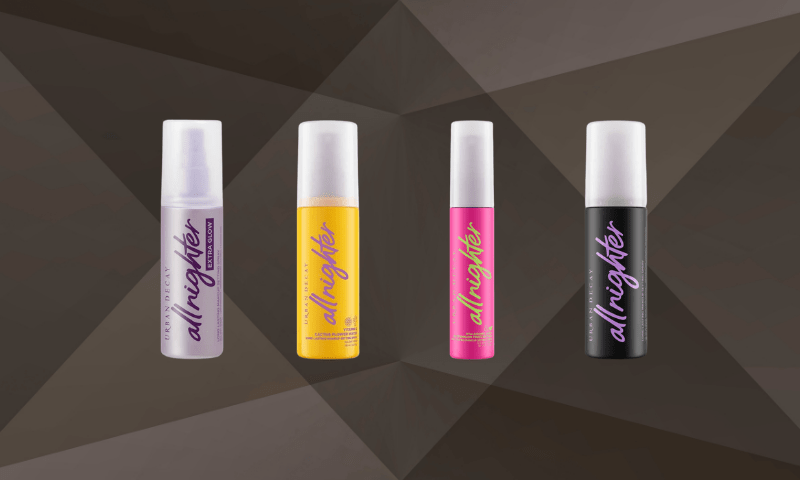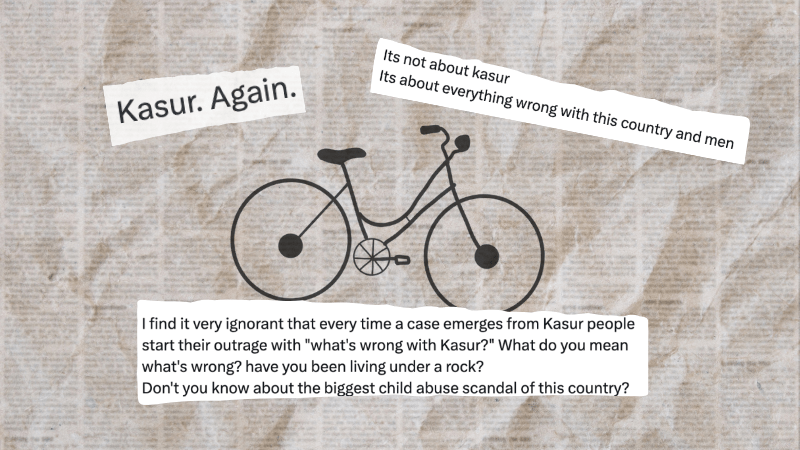What happens in Pakistan when men threaten to burn women with acid and hurl expletives at them? Nothing
Public spaces and Pakistani women don't have a great history. If they aren't closed off to us, they're cesspools of harassers and men who think they can get away with doing whatever they want. And usually, they're right.
This was illustrated once again in a Twitter thread by Leena Ghani. She and a few other women were at Jami Shireen Park in Lahore when a man began taking their pictures. In a video posted on Twitter, the man grows violent, abusive and at one point even threatens to disfigure the women with acid. Let's not forget his crotch grabbing as well (responded to beautifully by one woman shouting "it's so small anyway"). At the end of the video, he is gently led away, free of any repercussions save for a video immortalised on Twitter.
If you think this is horrible and disgusting and vile, you're right on all counts. But if you think this is a one-off or uncommon, you're dead wrong. We don't know what happened beyond one woman's version of events, but that video was familiar enough to us to understand what happened — a man got called out for doing something he knew was wrong and reacted with predictable rage and aggression. Aggression is not limited to men, of course, but using aggression and power dynamics to intimidate someone calling you out is endemic to a particular breed of men who think the world is their oyster when in fact they are the unwanted barnacles on top.
"We knew we were bound to attract unwanted attention, so we did what most women do: we ignored it. However, one very keen observer decided to take pictures; at this point, I intervened and asked him to leave. He refused and within a few seconds the situation escalated badly," wrote Ghani. And escalate the situation did, as we saw in the video.
When people say, why didn't you do something when you were harassed in public, we want to show them this video. Most women choose to avoid confrontation because even if you're right and you have all the evidence to prove it, the man will come out on top. People will pacify the harasser, and tell the harassed that it's okay and that they should let it go.
The men in this video probably thought they were being very helpful and diffusing a tense situation. But by pacifying the man (yes, these women are crazy, now go on) you aren't doing us a favour. You're feeding into the narrative that it's okay to take pictures of women without their consent, or to touch them or to say lewd things, because there are no repercussions. You may be trying to avoid a fight, but it's a fight that should be had. Men like this shouldn't get away with it and by letting them off the hook, you're complicit.
This is what we fear when we confront a harasser in public. The man will get violent and no one will stop him. That he'll attack us and no one will stop him. That he will hurt us and people will gently lead him away from the scene, a calming hand on his back. Good job soldier, you fought the good fight, now it's time to go home.
"I say men deliberately, and I insist all men reading this, to take it personally; in fact, I invite all men to feel disgusted, feel shame and a collective sense of deep embarrassment. I urge all men to identify with this man abusing women; he is not the other. He is not someone who you all can't relate to; brush aside and take a sigh of relief that you are better. When we have experienced that in many moments, he is you. The you patriarchy created," wrote Ghani. And while there were many supportive messages, many came with an add on: not all men.
"You are the problem if you are silent if you don't want to resist and revolt. If you don't call each other out and take responsibility of all the crimes your gender committed in the name of anything and everything," she wrote.
Here's a simple breakdown for you if you were offended or angered or annoyed by her statement. Yes, all men. All men have the responsibility to call out someone who is a harasser. The inevitable rejoinder in a situation like this is "are your father, husband, brother or grandfather also harassers? Well then, not all men." And to that we would like to say, they could be. If they're not our fathers, brothers, husbands or grandfathers, they're someone's. Those harassers on the streets aren't aliens, they aren't spawned in a lab without families and friends. They have sisters, mothers, wives and cousins, yet they do this.
Exonerating men of any wrongdoing based solely on their blood ties to you would be like blindfolding yourself to the realities of life. There are men who harass women, who rape them, who hurt them and there are men who don't. But those men who don't need to stand up when they see the men who do perpetuating this violence. If the phrase 'yes all men' irritates you, you need to examine what kind of person you are. Are you one of the men who stands up to harassment or do you turn a blind eye and pat the harasser on the back and then pat yourself on the back for a job well done.
Ghani's Twitter replies are filled with "i'm sorry this happened to yous" but how sorry can we be if we don't fix the situation? There were also calls to identify the man, but will that help either? He'll be patted on the back by the same people questioning what Ghani and her friends were doing that was "bound to attract unwanted attention".
Leena Ghani isn't alone in what she faced at Jami Shireen Park. It happens to women all the time but that doesn't make it any less horrific. What's even more horrific is how often it happens and how easy it is for a man who threatened to throw acid at a women, who made lewd gestures and hurled abuses at them and who took their pictures without their consent to walk away scot-free, secure in the knowledge that everyone else had his back and these were crazy women out to ruin his fun.













Comments